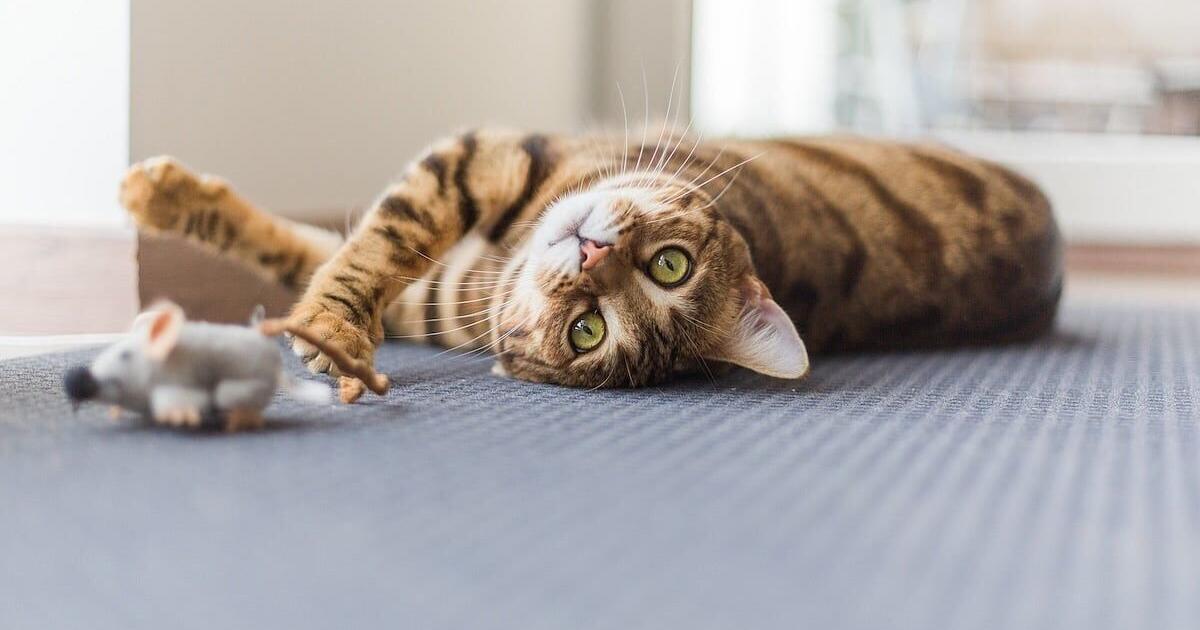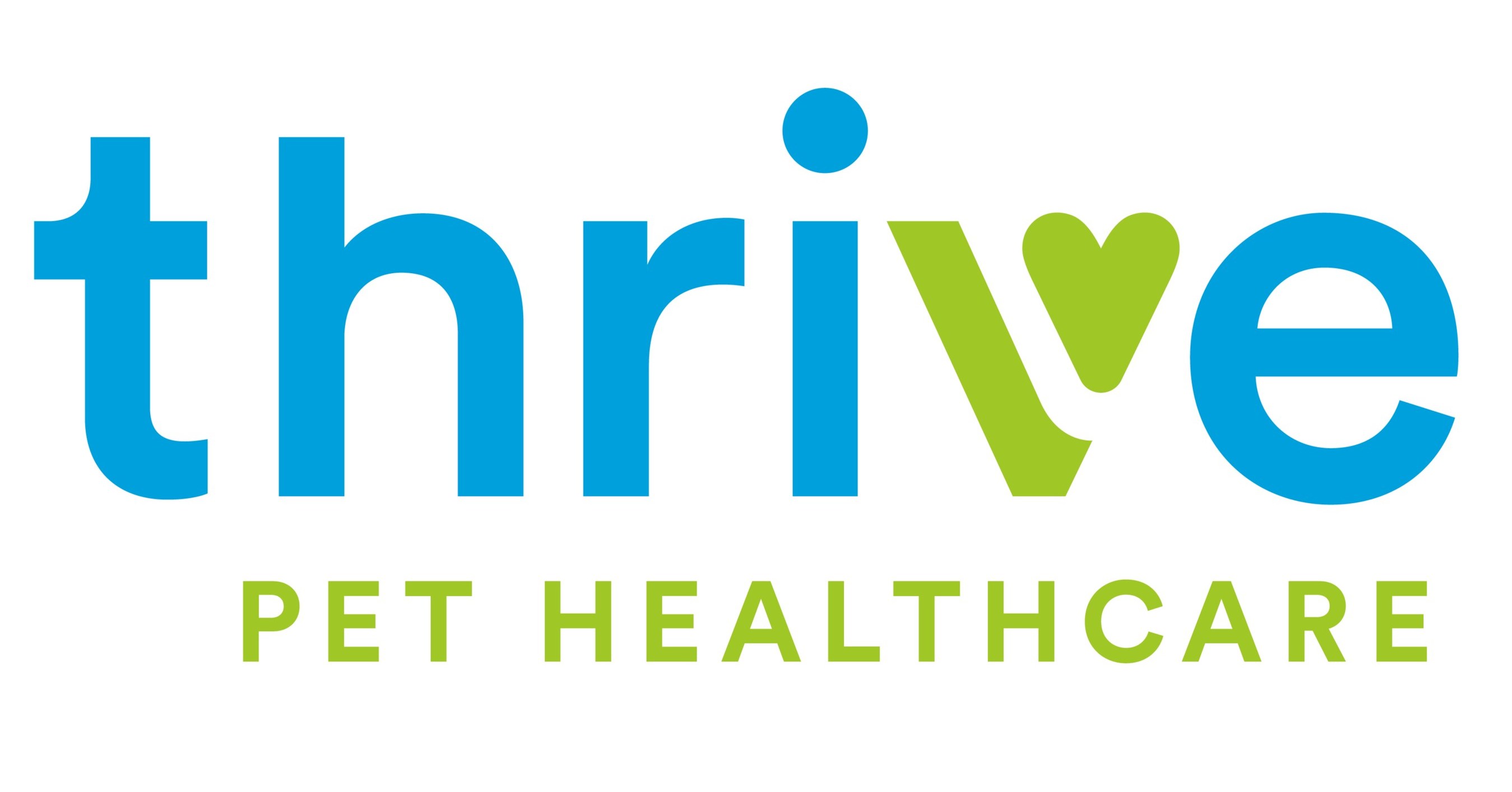Stephanie Stephens juggles writing, voice-over acting and more

Stephanie Stephens grew up in a small North Carolina mountain town and has lived in 16 cities — including New York, Houston, Denver, London, Sydney and Auckland.
Her 24-year freelance career has been just as vibrant, drawing her to a wide range of print, audio and video projects on many topics including health and travel. Stephens has written white papers, celebrity profiles, branded content and health policy features. “There was a time when it wasn’t cool to do a few things, but I have always done a lot of things,” she told me.
Now based in Orange County, Calif., Stephens writes mostly for hospitals and health care systems, while also running a cat rescue and pursuing voice-over work. While she’s found it’s significantly more difficult to land well-paying assignments as a freelance journalist these days, the benefits of her lifestyle continue to outweigh the mounting challenges.
“I love that I can go to the gym and come back. I love that I can do a voice-over audition if I need to. I love that I can help cats during the day,” Stephens said. “I couldn’t do that if I was going to an office.”
I talked to the longtime AHCJ member more about how she structures her days and how she’s adapted to the ever-changing journalism landscape.
This conversation has been edited for clarity and brevity. Read more Typical Workday posts here.
What is your home office like?
My house is about 1,000 square feet, and I have a big office with lots of cat pictures on the wall. There’s usually a cat right next to me because I have a 501c3 cat rescue called “Feline the Love.” I help a lot of kitties in the Southern California area, and I help people who help kitties because we have a cat overpopulation emergency here. That’s my philanthropic bent.
How do you start your days?
I started running right out of high school, and I’ve been working out five or six days a week for most of my life. Exercise has definitely kept my mental and physical health on track.
What we as health care journalists write about — the benefits of exercise and eating right — it’s all true, and it’s not a mystery. If you work out and you’re building muscle, it’s really going to help you deal with other issues that come up during your day, whether it’s with your journalism or just in your life generally.
There are so many things, particularly in our careers and in society, in 2025, that we can’t control. But you can put on your shoes and do something good for your body.
What are you working on now?
I am a member of the Television Academy of Arts and Sciences because I am trying to produce a series about good animal shelters, which can be in the minority in many places in this country. I appreciate the camaraderie of the TV Academy and the ability to network with producers and directors. It’s a 60-mile drive to LA, but it’s important for me to get out there and stay connected to the entertainment community.
The other thing I do is voice-overs. I was in radio for about 10 years on the air as a music personality and a news anchor, and I did some programming and public relations as well. I still do voice-overs, so I have a studio right behind my office at home. I do auditions there, edit them and send them away. I do e-learning and corporate narration. I can do commercials, I can do some animation voices — whatever anybody wants. I have a separate website for that called StephanieStephensVO.
When do you do most of your writing?
I am freshest in the morning, so sometimes I’ll get up and start something before I go to the gym. Then, right when I get back mid-morning into early afternoon, that’s my peak.
I know that by 3 or 4 in the afternoon, I’m probably not gonna be 110% focus-wise, so if I’ve done something really strenuous at the gym, I might have to take a half-hour nap. I have to maintain that balance between what I’m doing physically and my cognition.
I have no problem working on the weekends — I’ve always done that. I think if I won the lotto tomorrow, I would still work because I still have goals. I still want to write interesting stories. I’m on a mission. I want to write something that helps people and pets, too.
How do your cats fit into your daily life?
I’ve trained this cat named Ms. Mango Meow to sit and stay and to jump up on things. I taught her to shake my hand and bump her head on my fist. She’ll also throw a ball, fetch the ball and bring it back. She loves to play.
That’s another thing I’m doing: I’m pitching her as a brand “spokescat” because she’s really unusual. She only has two teeth. She’s this long-haired orange little girl cat, which is rare.
If I’m in the middle of a story and I need a break, Mango reads my mind and comes in and sits down and says, “OK, what are we going to do?” So we go practice some tricks and behaviors.
What stories are you most proud of?
Some of the work that I’m really proud of has been for KFF Health News and its sister publication, California Healthline. I have found those assignments to be super challenging and the editing process to be very rigorous.
Now, I do a lot of writing for hospitals and health systems. That work is getting more difficult because hospitals are bringing most of their content in-house. But I enjoy those outlets because
I love talking to patients about their journeys. I’m very comfortable interviewing doctors. And I’m super comfortable with education stories about conditions.
I look at my career and the progression of it, and every story for me is a learning experience and a growth experience.
Do you use any digital tools to support your freelance life?
I’ve had to learn to use a CRM, or a customer relationship management system. I happen to use Nimble, and that in itself required me to get a Ph.D. in Nimble. I don’t probably even use 1/10 of what it can do because I did not get the technical spatial genes. But I use that to email large groups of potential clients.
I have found that I need to understand the pitfalls of emailing and whether my email address is “clean.” There’s a whole science behind that. I’ve learned many of the big corporations have servers that are really highly programmed to sniff out anything they don’t like.
What changes in the field have impacted you the most?
In the past year, I have felt that I’m not so much a writer, but I’ve become this marketing and technology person. That is a total change in the landscape from five years ago and certainly 10 years ago.
I’ve probably sent 2,000 emails in the past six months, and the return rate is super low because I’m not the only person who wants to write for health care entities. And many of the companies do all these things in-house now, so that’s reducing the work for freelancers. We’re in a time of great transition in terms of what it means to be a freelancer in health care right now.
The way we treat each other as writers and editors has also changed. There are people in AHCJ who remember physically mailing pitches in an envelope and with a stamp 20 to 25 years ago. Now it’s very common to pitch someone and be ghosted.
We don’t get responses, and we wonder, Do they not like me? Do they hate my pitch? Are they not using freelancers? Or, as I heard from an editor, Do they not have time to edit a freelance story because the pressures on them, on staff, are so great?
All those things are impacting our world of health care journalism. I wonder if all things are cyclical, if this too will change.
link







